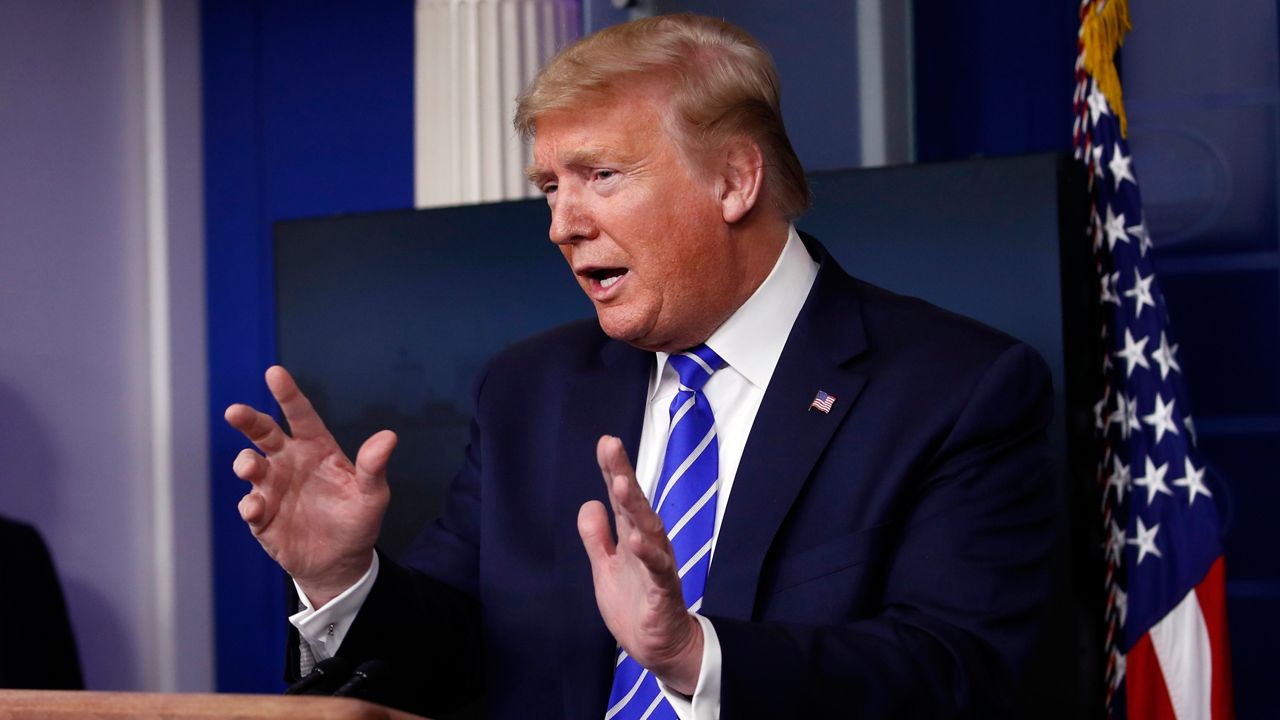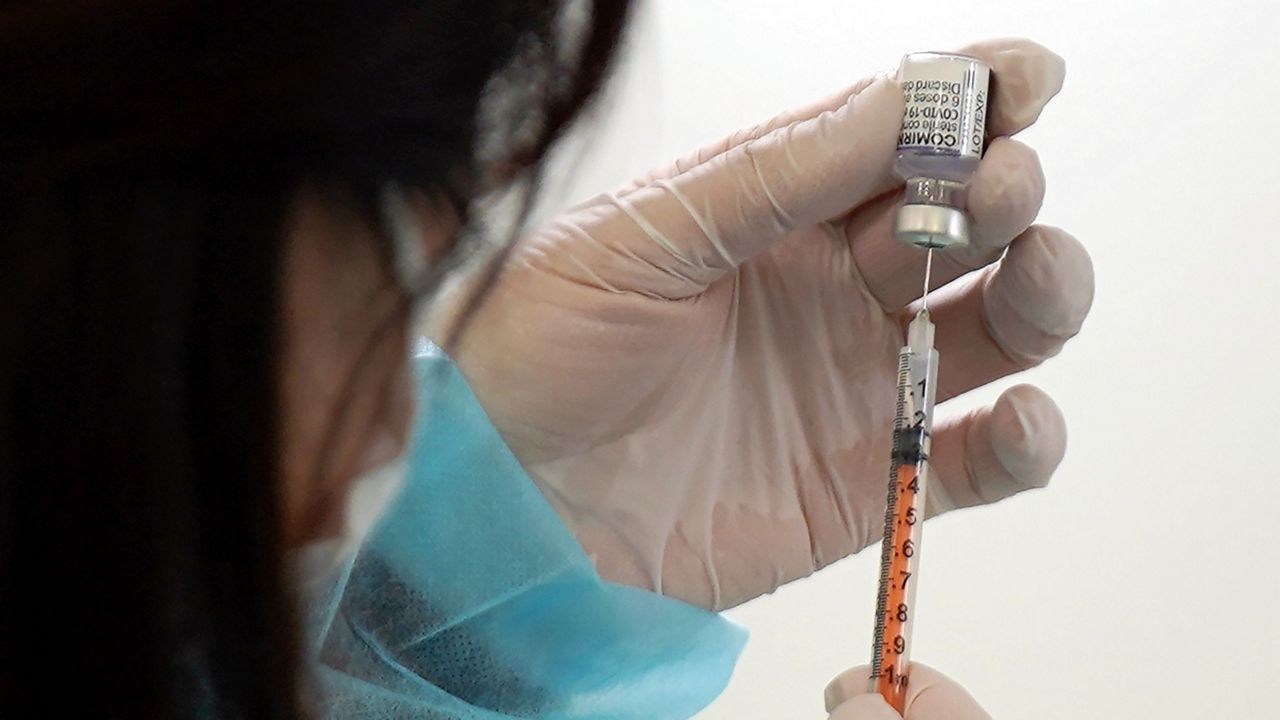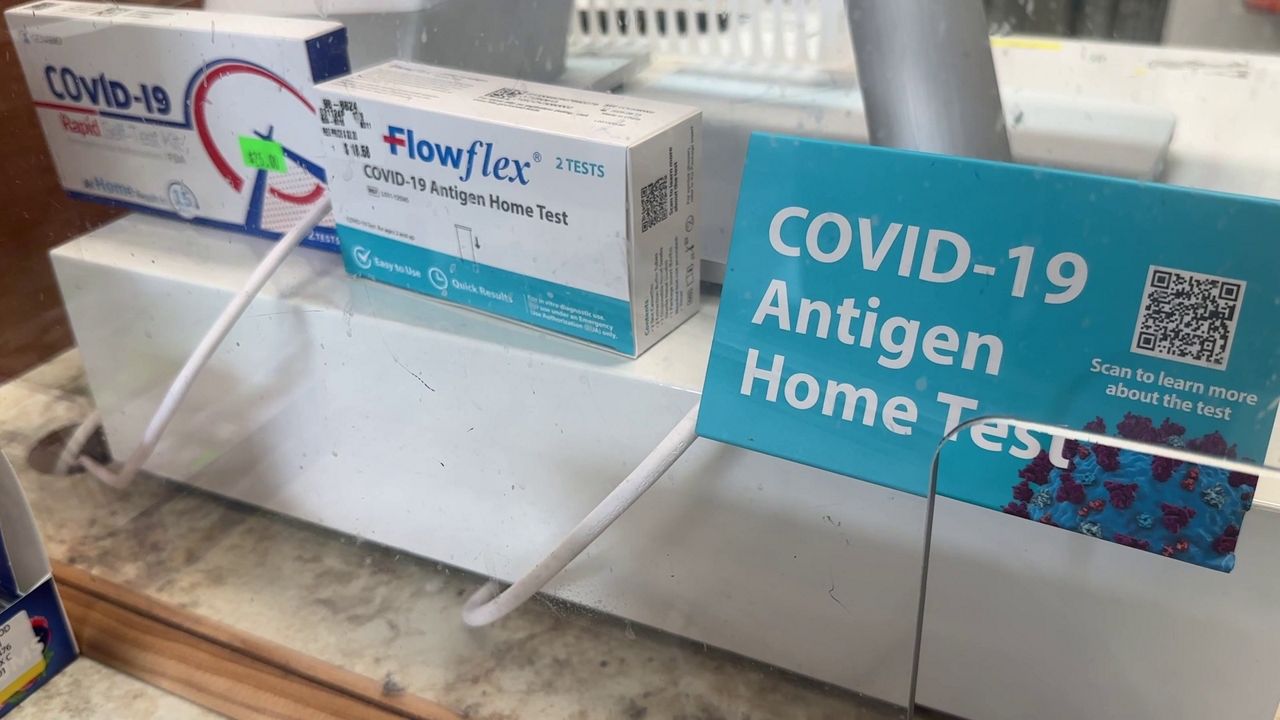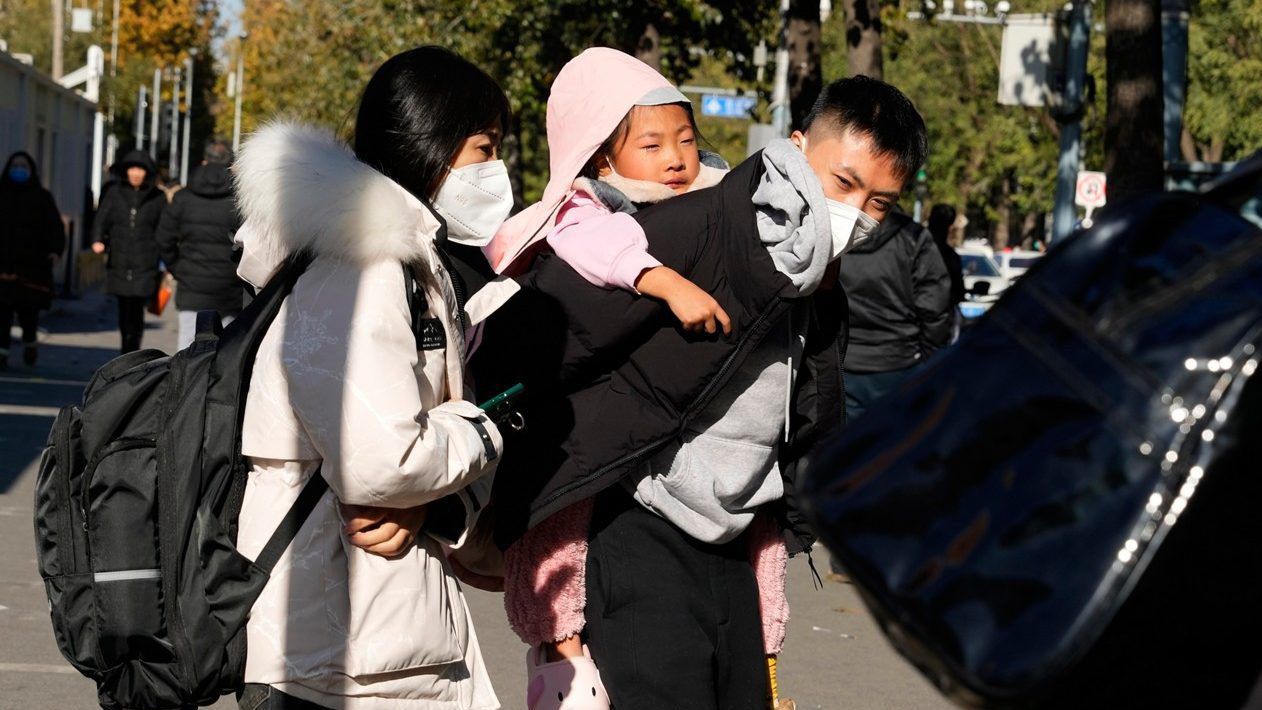STATEWIDE — After Congress passed a $480-billion aid package, President Donald Trump signed it at noon on Friday, where the money will go towards business and health care relief.
- CORONAVIRUS LIVE UPDATES: In the Central Florida area | In the Tampa Bay area
- COVID-19 IMPACTS ON: Airports, Transportation Systems | Sports Events and Teams | Attractions | School Districts and Universities | Retailers, Restaurants Adjust Hours
- FREE CHARTER WIFI: Charter Communications to Offer Free Broadband, WiFi Access to Families with Elementary, College Students
- COMPLETE COVERAGE: Spectrum News | CDC | Florida Department of Health
"At a time when many Americans are enduring significant economic challenges this bill will help small business and keep millions of workers on the payroll," he said.
Charter Communications has temporarily opened its live stream free to the public. You can watch Spectrum News via our live stream on your desktop or laptop without a subscription by visiting our website and clicking “Watch Live” in the upper right. Charter also is temporarily offering free broadband and wifi access for 60 days to teachers and families with K-12 or college students. To enroll, call 1-844-488-8395. The company also will open more than half a million wifi hotspots across the country.
Anchoring the bill is the Trump administration’s $250 billion funding request to replenish a fund to help small- and medium-size businesses with payroll, rent and other expenses. The payroll program provides forgivable loans so businesses can continue paying workers while forced to stay closed for social distancing and stay-at-home orders.
It also contains $100 billion demanded by Democrats for hospitals and a nationwide testing program, along with a $60 billion set-aside for small banks and an alternative network of community development banks that focus on development in urban neighborhoods and rural areas ignored by many lenders.
There is also $60 billion for small-business loans and grants delivered through the Small Business Administration’s existing disaster aid program.
Meanwhile, during a Thursday news conference, Trump suggested that heat and disinfectants might help fight the coronavirus, but many health experts disagree.
But William Bryan of the Department of Homeland Security said at the White House briefing that there are “emerging results” from new research that suggest solar light has a powerful effect in killing the virus on surfaces and in the air. He said scientists have seen a similar effect from higher temperatures and humidity. A biocontainment lab in Maryland has been conducting testing on the virus since February, Bryan said.
Trump, who has consistently looked for hopeful news about containing the virus, was asked if it was dangerous to make people think they would be safe by going outside in the heat, considering that so many people have died in Florida.
“I hope people enjoy the sun. And if it has an impact, that’s great,” Trump replied, adding, “It’s just a suggestion from a brilliant lab by a very, very smart, perhaps brilliant man.”
Trump noted that the researchers were also looking at the effects of disinfectants on the virus and wondered aloud if they could be injected into people, saying the virus “does a tremendous number on the lungs, so it would be interesting to check that.” Bryan said there was no consideration of that.
Earlier in the month, scientific advisers told the White House there is no good evidence yet that the heat and humidity of summer will rein in the virus without continued public health measures.
Researchers convened by the National Academies of Sciences, Engineering and Medicine analyzed studies done so far to test virus survival under different laboratory conditions as well as tracking where and how COVID-19 has spread so far.
“Given that countries currently in ‘summer’ climates, such as Australia and Iran, are experiencing rapid virus spread, a decrease in cases with increases in humidity and temperature elsewhere should not be assumed,” the researchers wrote earlier in April in response to questions from the White House Office of Science and Technology.
On Friday, companies like Lysol that make disinfectants issued a strong warning that people should not be injecting cleaning chemicals into their bodies.
Speaking of coronavirus treatment, efforts are underway in Florida to develop a vaccine for COVID-19. Doctors at a South Florida lab say they are one step closer.
Leading scientists at Scripps Research in Jupiter say they discovered injecting just a sliver of a particular protein found in the virus into lab rodents is producing antibodies in them to neutralize the virus.
Scripps scientists believe their potential vaccine could be produced in bacteria and not animal cells like many other vaccines.
This could potentially shaves off six months in development time, but still more testing needs to be done.
Meanwhile, doctors say there may be a new symptom of the coronavirus, a condition known as "CVOID toes."
Doctors treating these patients say they are noticing lesions on people's toes, specifically patients in their teens and 20s. The lesions are red, purple, or blue.
Doctors say there needs to be more testing to see if the lesions are truly linked to the coronavirus, but they add it seems to be more than a coincidence during the pandemic.
The Associated Press contributed to this story.








